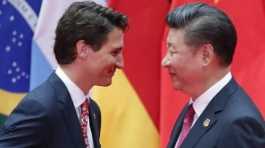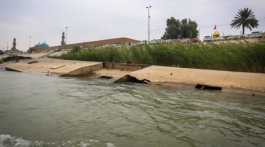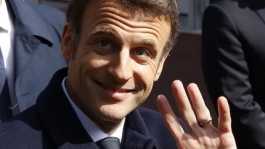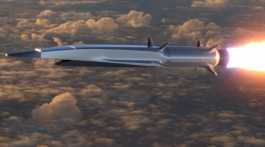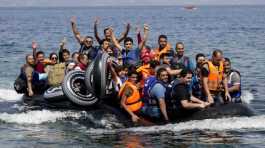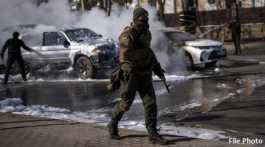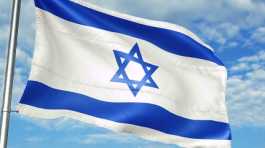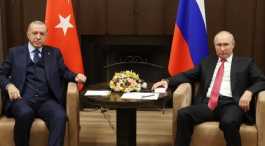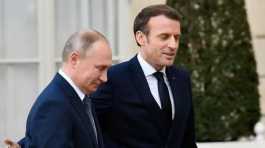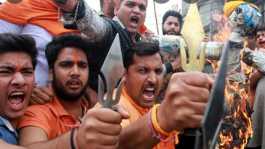The outcasts of the FIFA World Cup in Qatar
by Rashad Abu Dawood
I am not a football fan, but I have been watching the FIFA World Cup in Qatar with extreme joy, unmatched by anything else in this sad time for the Arab world. While others watched skilful players and teams, I watched history happening before our eyes at the first such global tournament to be held in an Arab and Muslim country.
- Read more about The outcasts of the FIFA World Cup in Qatar
- Log in or register to post comments

